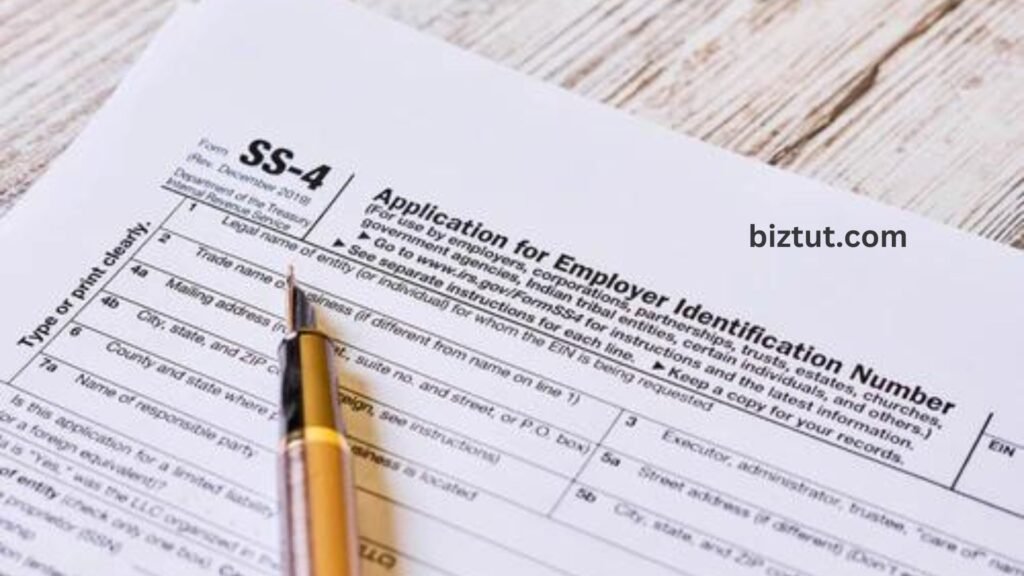Starting a business is exciting, but without a good plan, it’s easy to feel overwhelmed. Starting a home-based business is similar to any other business, except you don’t have to worry about renting office space. Check out our easy guide to learn how to start a small business from home—from picking the right legal structure to creating a marketing plan that brings in sales.
Develop and Fine-Tune Your Business Idea

If you’re thinking about starting a small business from home, you probably already have an idea in mind. If not, your first step should be figuring out what type of business you want to start. If you do have an idea, it’s a good idea to fine-tune it before you launch.
Think About Your Skills
Your knowledge and experience can help shape your business idea. Consider what you’re good at as you develop your plan. This will also come in handy when you create your business plan, which we’ll cover later.
What Problem Can You Solve?
As you narrow down your idea, think about the problem your business will solve. If you’re still in the early stages, focus on a problem you can solve, and build your business idea around that.
Check Out the Competition
Take a look at your competitors. What are they offering that’s similar? How can you stand out? Also, are there any gaps in their products or services? If so, this could be a great opportunity for your business to fill that need.
Create a Business Plan
A business plan is important for two main reasons: it helps you clearly define your business goals and objectives, and it’s something you can use to get funding from lenders or investors.

Business plans can be short or detailed, but they usually include these key sections:
- Executive Summary – A quick overview or “elevator pitch” of your business.
- Business Overview – A more detailed description of what your business is all about.
- Market and Competition Analysis – A look at the market and your competitors.
- Products/Services – A breakdown of what you’ll be offering.
- Marketing and Sales Plan – How you plan to promote and sell your products.
- Budget and Financial Projections – Your proposed budget and expected financial outlook.
Determine Your Business Entity
You’ll need to choose the legal structure for your business, like a sole proprietorship, partnership, LLC, or corporation. Each option has its own advantages and disadvantages.
| Sole Proprietorship | LLC | Partnership | Corporation | |
| Members | One person | One or more persons or business organizations | One or more persons | One or more shareholders |
| Taxation | Revenue/sales reflected on personal tax return | Pass-through taxation | Pass-through taxation | C-corp pays corporate income tax; S-corp has a pass-through tax structure |
| Liability | Personal assets are accessible | Personal assets protected from liability for business debts and liabilities | Owners responsible for business debts and liabilities | Personal assets protected from responsibility for business debts and liabilities |
Come Up With Business Name Ideas
Choosing a business name is one of the most exciting parts of starting a business, but it can also feel a bit overwhelming. You want a name that tells people who you are and what you do, while also being memorable and creative.
Keep in mind that the name needs to be available in the state where you plan to do business. Our business name generator can help make this process easier by suggesting available names in your state.
Register Your Business Name
Once you’ve chosen a name, you’ll need to register it in the state where you’ll be operating. The steps to register your business name will depend on your business structure (like a corporation, partnership, or LLC) and where you’re located. For most small businesses, this involves filling out a form with your state or local government.
Register Your Business
If your business isn’t a sole proprietorship, you’ll need to register it with the state, usually with the Secretary of State, where you plan to operate. You’re considered to be “doing business” in a state if:

- You have a physical location there (like your home business).
- You meet clients in person there.
- A big part of your company’s revenue comes from the state.
- Your employees work in that state.
If you plan to sell or operate in other states outside your home state, you might need to get what’s called a foreign qualification. This usually involves filing a Certificate of Authority in the other state and providing a Certificate of Good Standing from your home state.
Get a Business License
Once your business is registered, the next step is to get a business license. Depending on your industry and local regulations, you might need different licenses, such as:
- Industry-specific licenses
- Zoning permits
- Seller’s permits
- General business operating licenses
- Federal licenses
Even if you’re a consultant or freelancer, don’t assume you don’t need a license. It’s a good idea to review local rules and, if you’re unsure, consult a business lawyer to be safe.

File IRS Form SS-4 To Obtain an EIN

An Employer Identification Number (EIN) is required if your business has employees or needs to report certain taxes. Getting an EIN is fast and easy. All you have to do is fill out Form SS-4, which can be done online. If you’re a sole proprietor with no employees, you can just use your Social Security number to report business income instead.
Get Your Finances in Order
Your financial needs will differ based on the type of business you’re starting. It’s important to create a budget and financial projections to make sure you’re financially ready and to pitch to potential investors and lenders.
Create a Budget and Financial Projections
Before you launch, check that your business will generate enough revenue to be sustainable. Estimate how long it will take to start making a profit and what your expected profits might be. For example, a service-based business might have low startup costs, while a product-based business, like a home catering service, might need more initial investment.
Financial projections are estimates of how much money your business will earn and spend over the next two to three years. If you’re seeking a loan or investment, lenders and investors will want to see these projections to understand when they might see a return on their investment. You can make your own projections or use a template from Microsoft Excel.
Develop a Plan to Track Finances
Once your business is up and running, you’ll need a plan for handling and recording your sales, expenses, income, and revenues. There are many third-party services that can help with this, and we’ve listed some of the best options for small businesses.

Open a Business Bank Account
Opening a business bank account keeps your personal and business finances separate. It makes it easier to track and manage your business income and expenses for accounting and tax purposes. You can open an account at your local bank branch and consider getting a business credit card as well. Check out our step-by-step guide on how to open a business bank account.
Consider Obtaining Business Insurance
If you’re running a sole proprietorship or partnership, getting business insurance is a good idea since these structures don’t offer liability protection. Even if you have an LLC or corporation, which does provide personal liability protection, you might still want to get business insurance based on what your business does.
Create a Marketing and Sales Plan
Before you launch your home business, it’s a good idea to have a marketing and sales plan in place to set yourself up for success. Think about how clients and customers will discover your business. Check out your network to see if anyone could be a potential client or help spread the word. Also, see if your budget can cover advertising, marketing materials, or sales training.




